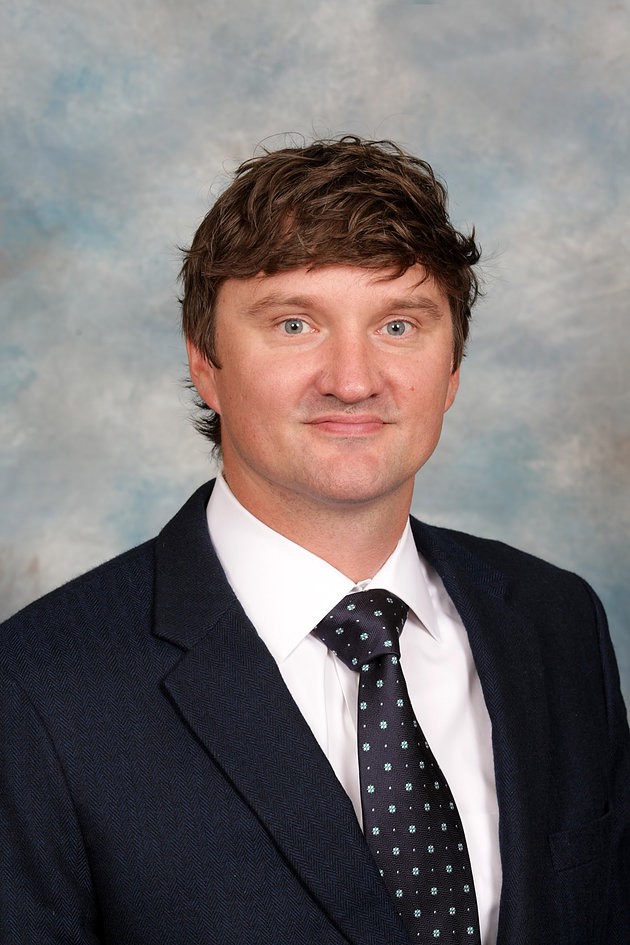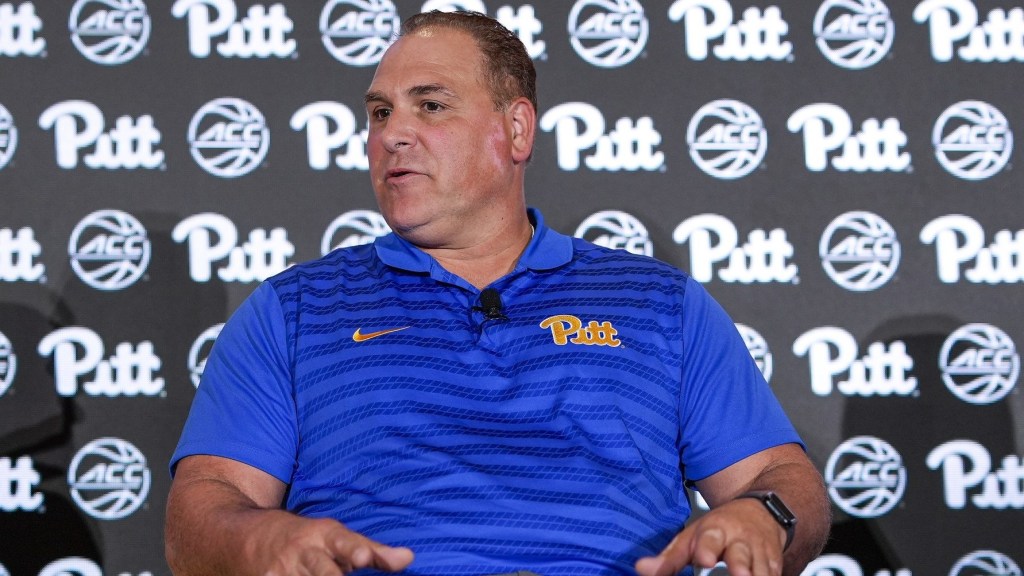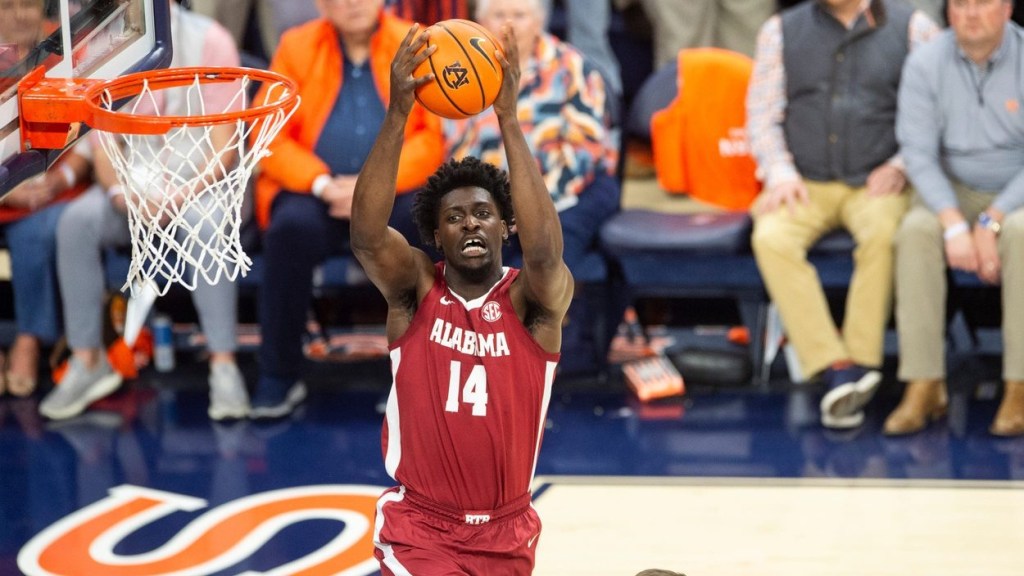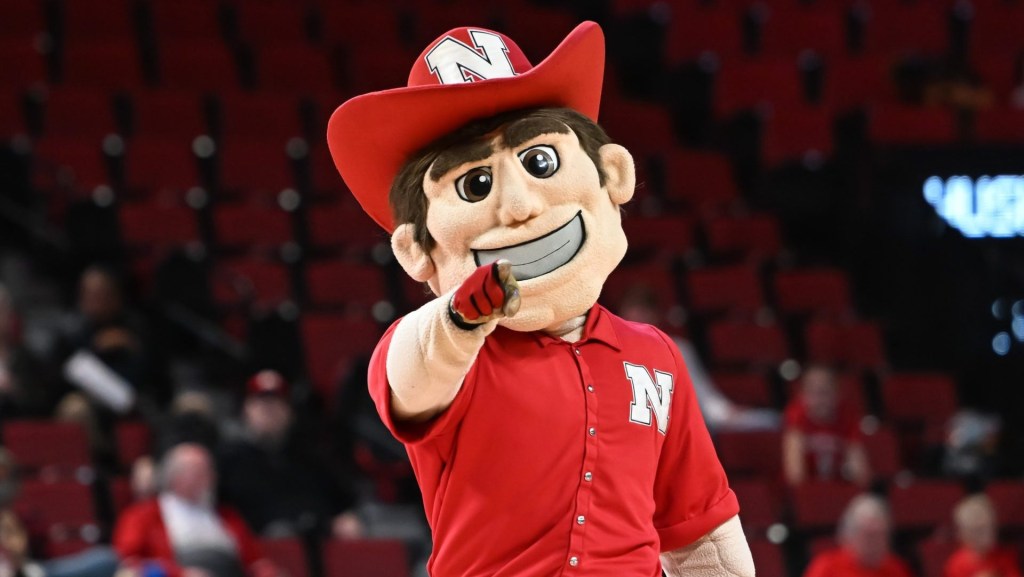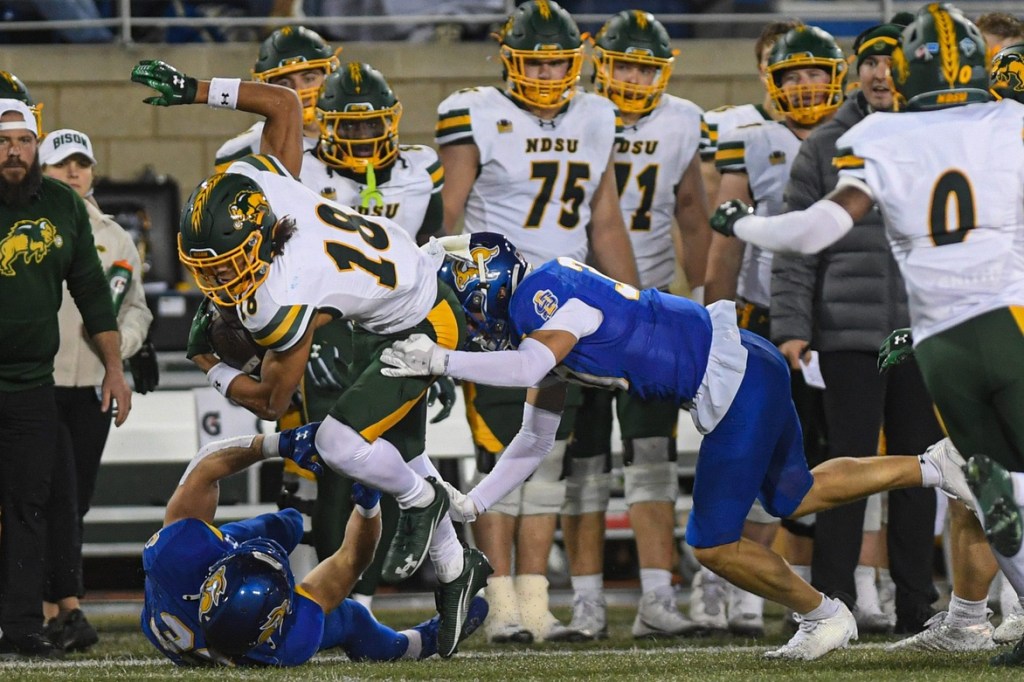By: Adam White, @FOSAdam

Front Office Sports is proud to have sat down with Scott Connors, Assistant Commissioner of the SunBelt Conference. A teacher by nature, Scott found himself teaching third graders upon his undergraduate graduation. Although it was something that interested him, his itch to get back into athletics after being a student athlete was too strong and he found himself in law school with the, “sole purpose to get into sports.” Upon graduating from law school and exhausting his student loans to feed his family while he worked for free at Tulane, Scott was given a full time position as the Assistant Director of Compliance and his career took off from there. He was gracious enough to offer up his time and insight into the ever changing world of compliance, why being able to evolve is so crucial and why you must always follow your passion.
In the seven years since you attended law school, you went from being the Assistant Athletic Director of Compliance at Tulane to the Assistant Commissioner of the Sun Belt Conference. What has that journey been like for you?
The journey has been awesome and unique. I started out teaching third grade before I went to law school and then shifted to athletics. I swam at the College of Charleston, so I knew I always wanted to get back into athletics and felt that coupling that with a law degree would be a great move. After law school, I worked full-time at Tulane for two and a half months for free while I was waiting for my BAR results. I never told my wife and daughter I wasn’t getting paid and at the time we were living off of my remaining student loans.
Right as my student loans were running out, they found a position for me. I spent two years there working under kid named Kyle Condor who is now at SMU; when he took a job at USC, I took over at Tulane. That was definitely a challenge as it was basically a three-person office being run by me and there was a constant flow of work. The positive was that the days went by fast and there were hardly any moments where I could take a breath. My current position opened in 2011 and I have been here ever since. It is definitely a different perspective from the conference level, but my experience on campus has really helped me succeed in this role.
After attending law school, what intrigued you about working in compliance? Is it something you always would have wanted to do?
When I went to law school, I knew I wanted to get into athletics. That was the only reason I went to law school. I was able to mentally block out most of the ups and downs of law school because I had already figured out what I wanted to do. For me, compliance was a realistic and seamless transition and truly a great move for me professionally. In college, I had coaching experience after I became hurt and was no longer able to compete, so I was able to learn a lot about compliance paperwork and everything that goes into it on not only the university side, but the team side as well.
Otto German was my compliance officer at the College of Charleston where I swam and he was truly awesome. He was the best example of someone who worked in compliance to help students and not to try and catch someone. Between him and Kyle, they’re definitely the two people in the field who I have tried to model my professional behavior after.
You have worked in collegiate athletics your whole career. What has drawn you to stay in that part of our industry?
It really is an awesome job to have and an awesome career to be in. Compliance is a helping profession and somewhat similar to teaching, which I think made it so attractive to me and something that has been easy to stay in so far throughout my career. You have to be creative and helpful assisting coaches, student-athletes and a membership. Those are the two aspects of my job that I enjoy most.
Finish this for me “One thing students must remember is..”
To be realistic and follow your passions. You have to be realistic with what you want to do and what your skill set is. If you combine this sense of realism with a passion for what you want to do, you will end up in a really great place.
What are some things students should be prepared for in their entry-level position?
You have to be prepared to get your ego knocked down a few notches. You’re going to go into the position with your fancy degree and then will be doing things you may not want to do. You have to be prepared for that change. You also have to be prepared to go above and beyond what you think you can do. You are going to be showing up at these entry positions at around 8:30am and then working a game until 10pm. You have to be prepared for the long hours that are going to push you above and beyond what you think you are capable of. It’s a workout!
Why are mentors so critical for success in this industry and how have yours helped you reach the next step?
They are very critical in helping to keep you focused and grounded. If you have a mentor who is there for you and will listen and straighten you out when times are tough, it will make things so much easier for you. It’s also always nice to have someone you can ask for advice and who has been around for a while.
Day to day routine?
I am responsible for the big picture type stuff. I have to be aware of everything that is going on nationally, and if there is a complex interpretation of a ruling from a school I will handle that as well. I handle processing and advising on any type of violations that occur on any of our campuses and I make sure that our bylaws and constitution are always up to par and that everything is covered within each of the documents. I give presentations to our Presidents, AD’s, and Coaches at our yearly meetings as well.
Parting wisdom?
Make sure you are persistent and push for what you want. Be absolutely relentless in pursuing what you want to do.
Just because you know someone, doesn’t mean you have an inside track to a position. Having a business card or being connected on LinkedIn doesn’t mean you know someone. If you want to network effectively actually make an effort to get to know people.
The key in sports is to find a spot where you want to work that fits and is something you’re good at. Doing this will make the transition much easier for you and give you a genuine chance for success because the position works for the individual.
Be prepared to evolve.
You have to remember that when you are talking to someone who has over twenty years of experience, you are also indirectly talking to everyone else they know. If you leave a lasting impression on these people, when others are looking to hire, they will remember you and hopefully give people your name. Think big picture.
With an extensive reserve of energy, it was easy to see why Scott is in his current role. For him, “compliance is not about trying to find things out and bust students, but instead to help students stay out of trouble and find the best ways to interpret rulings and other cases.” It was truly a pleasure to sit down with Scott and we wish him nothing but the best in his future endeavors and activities!
You can connect with him on LinkedIn here or follow him on Twitter here!
